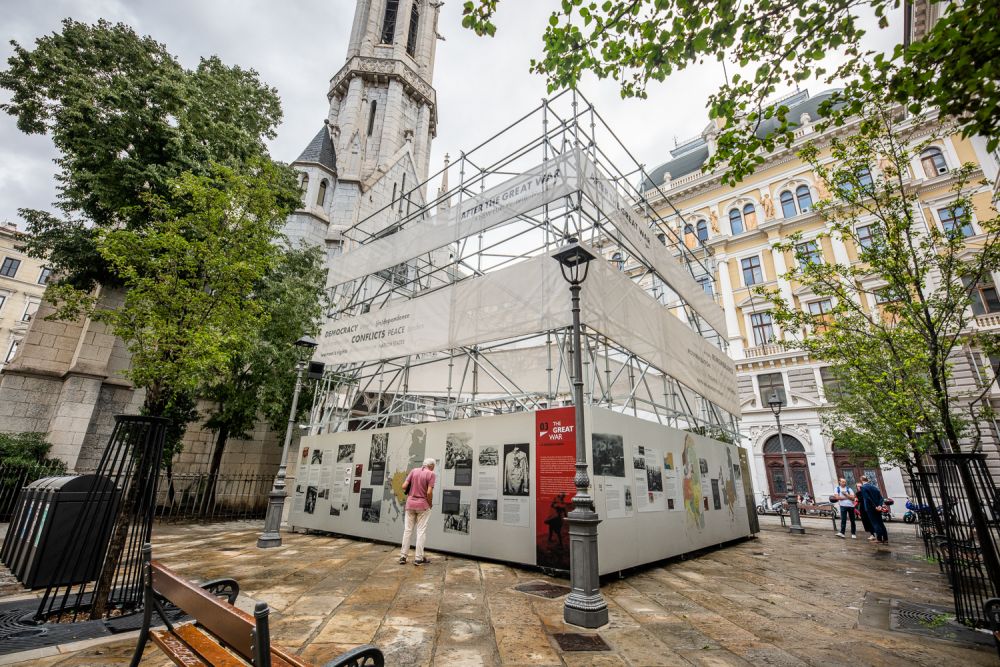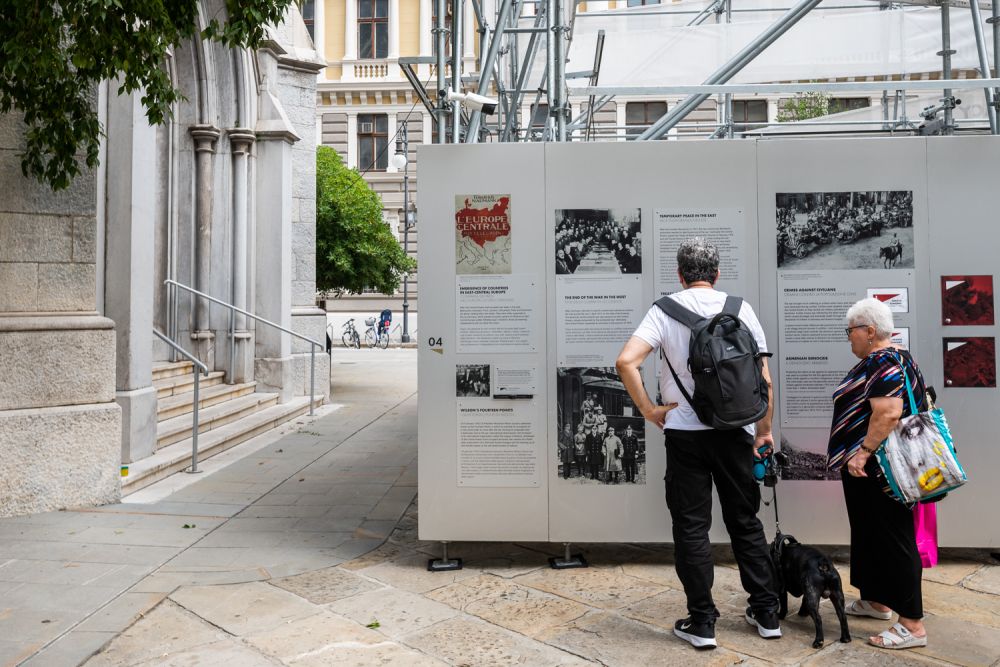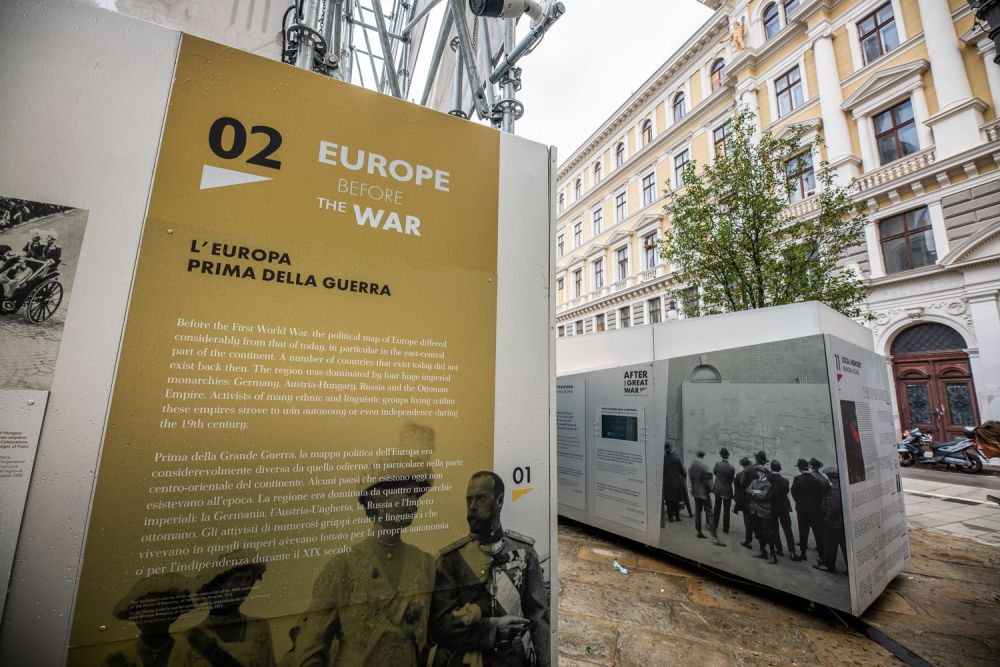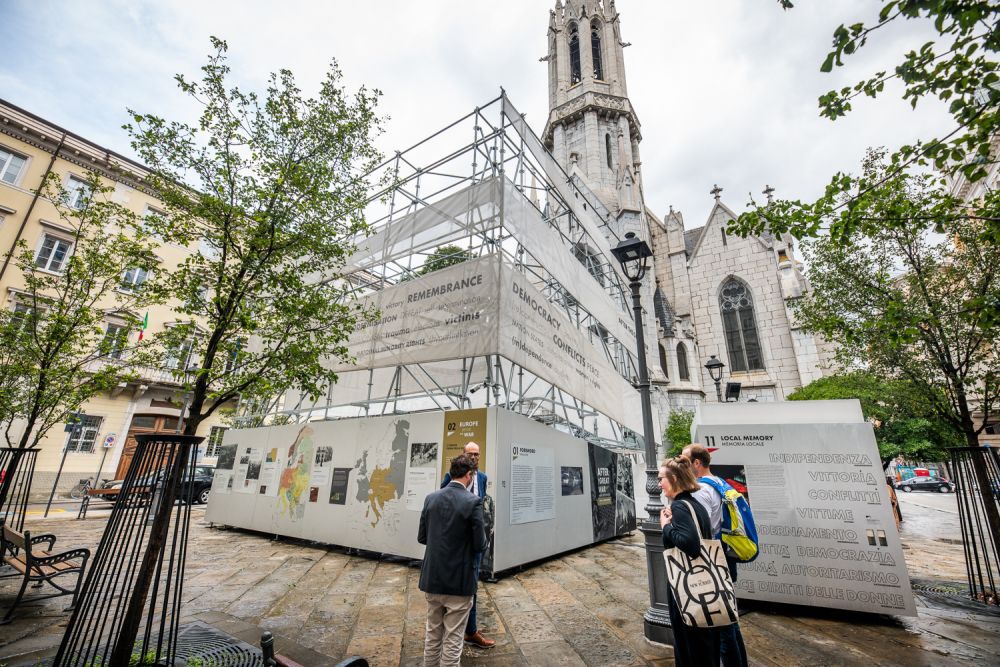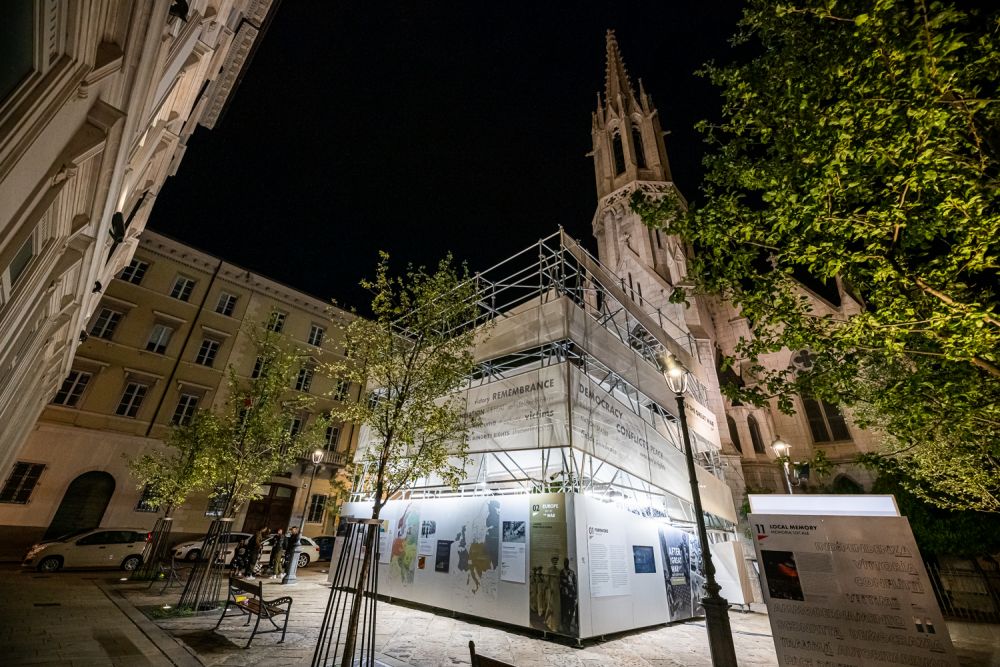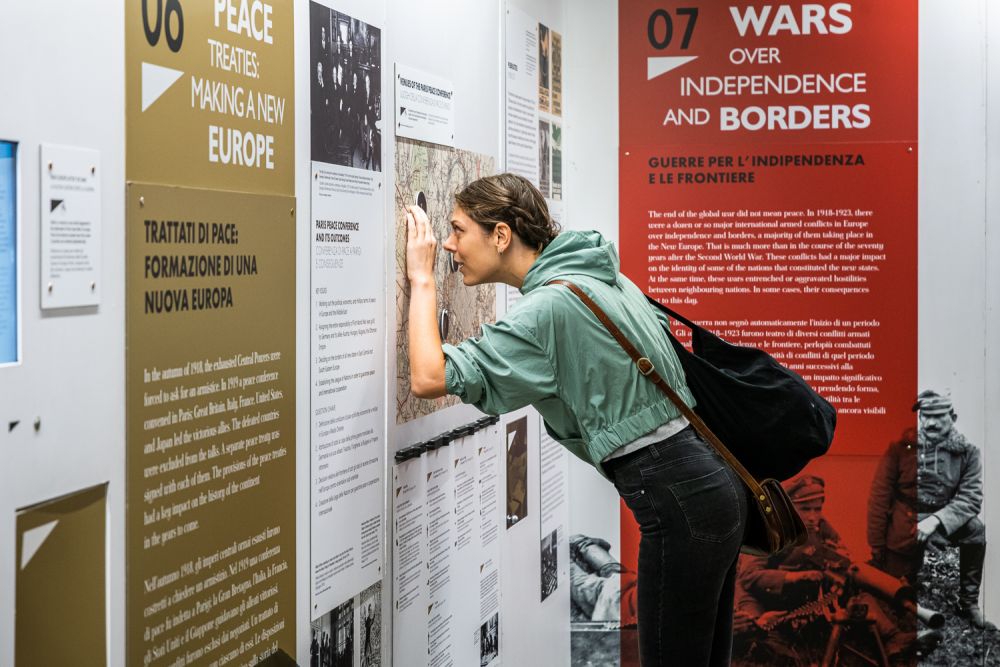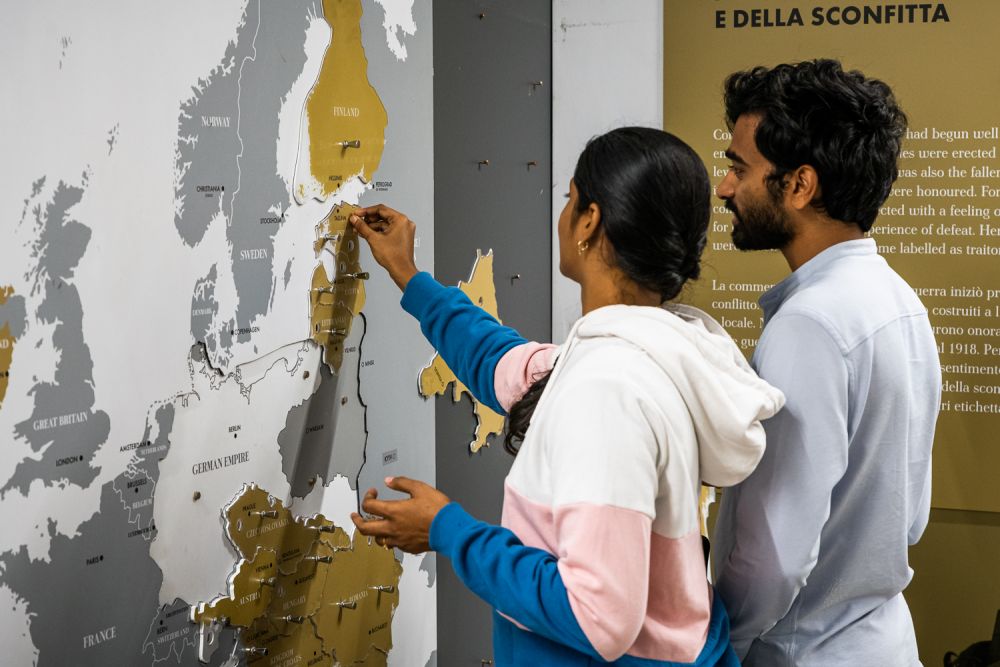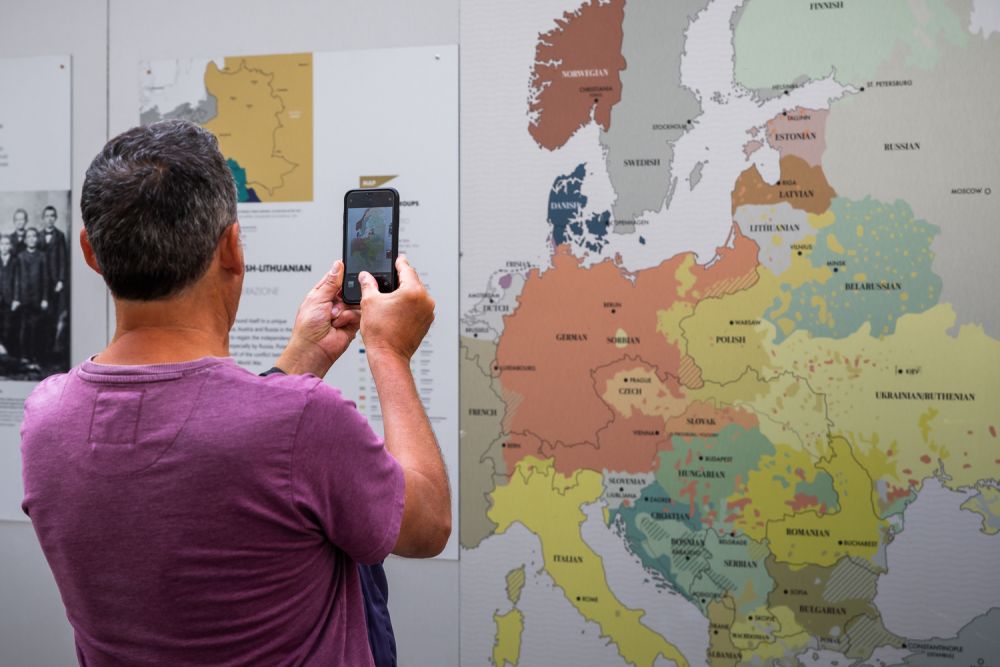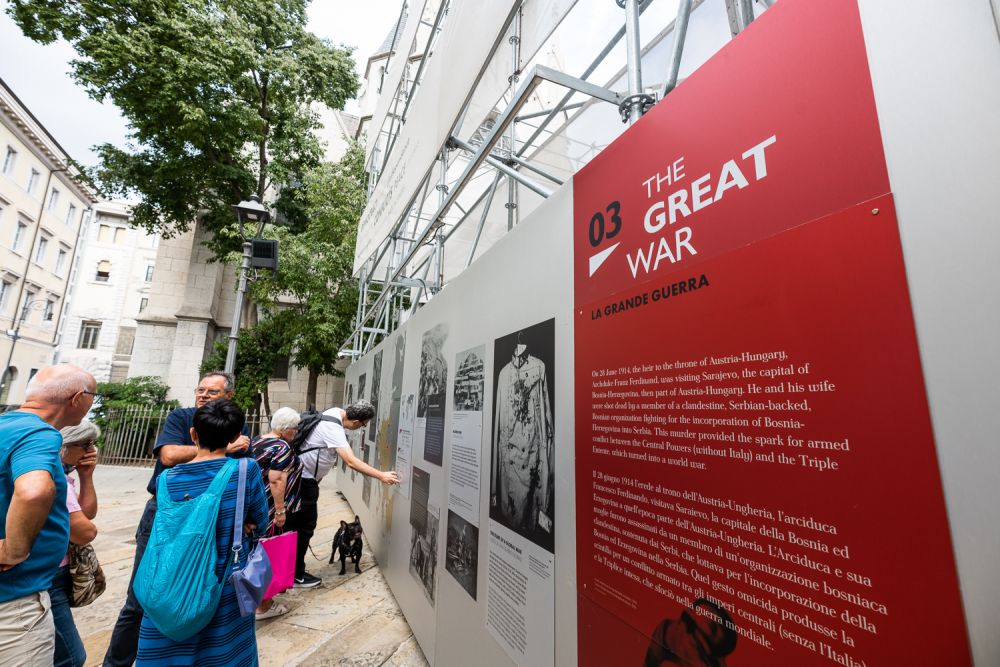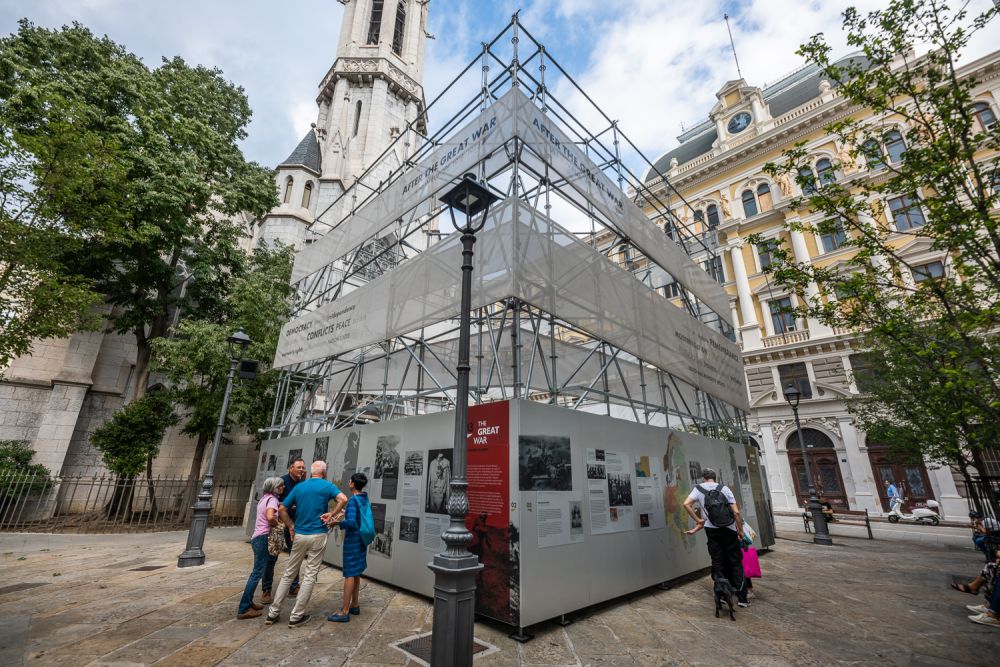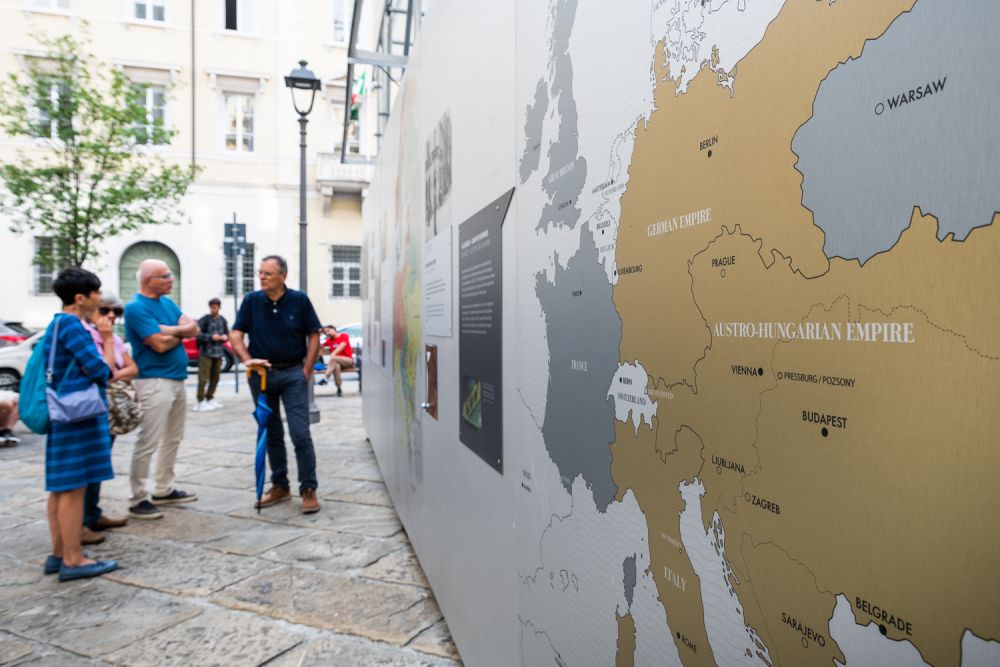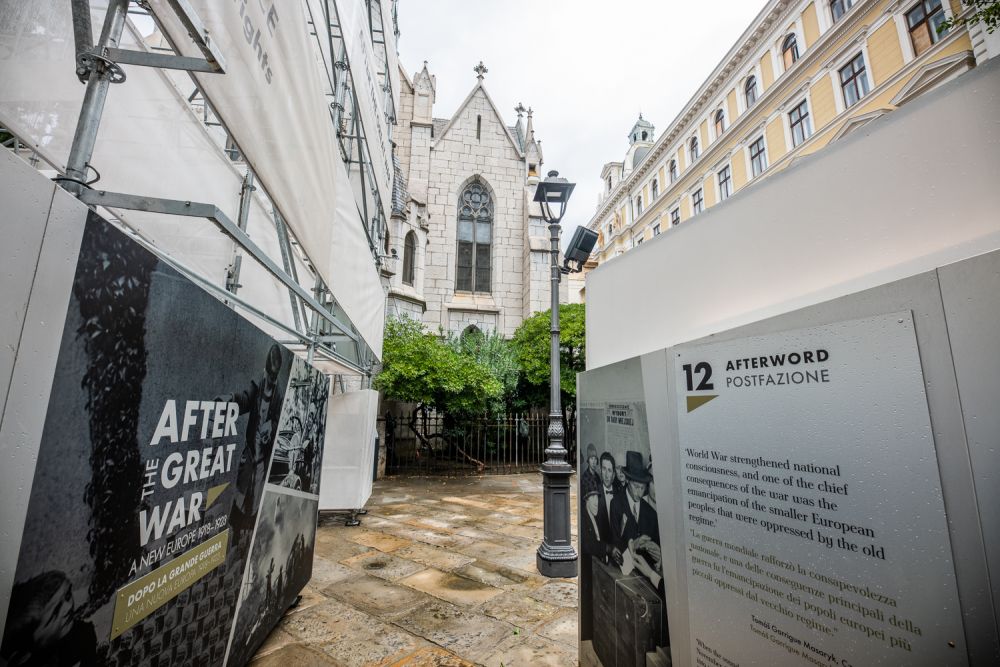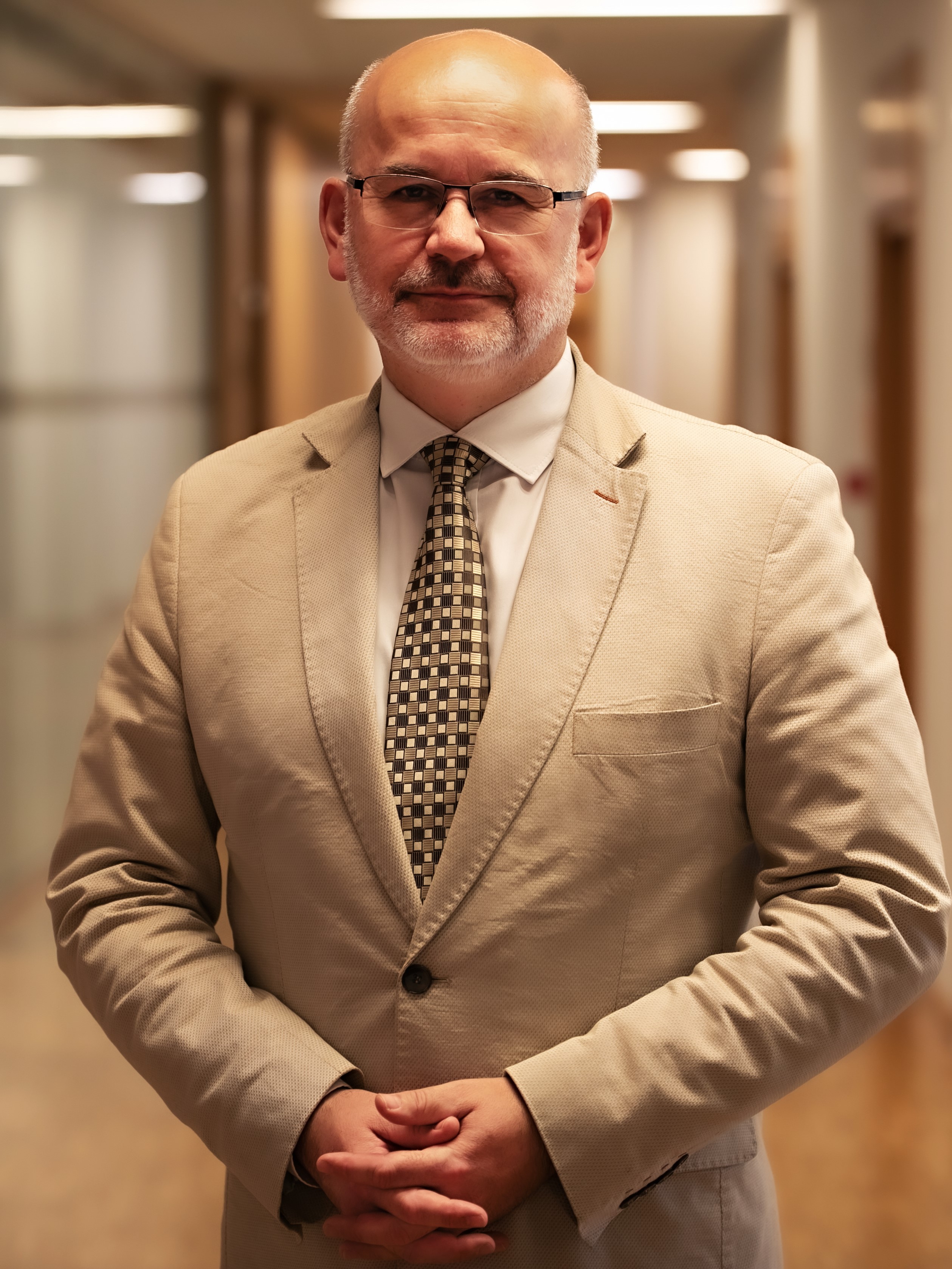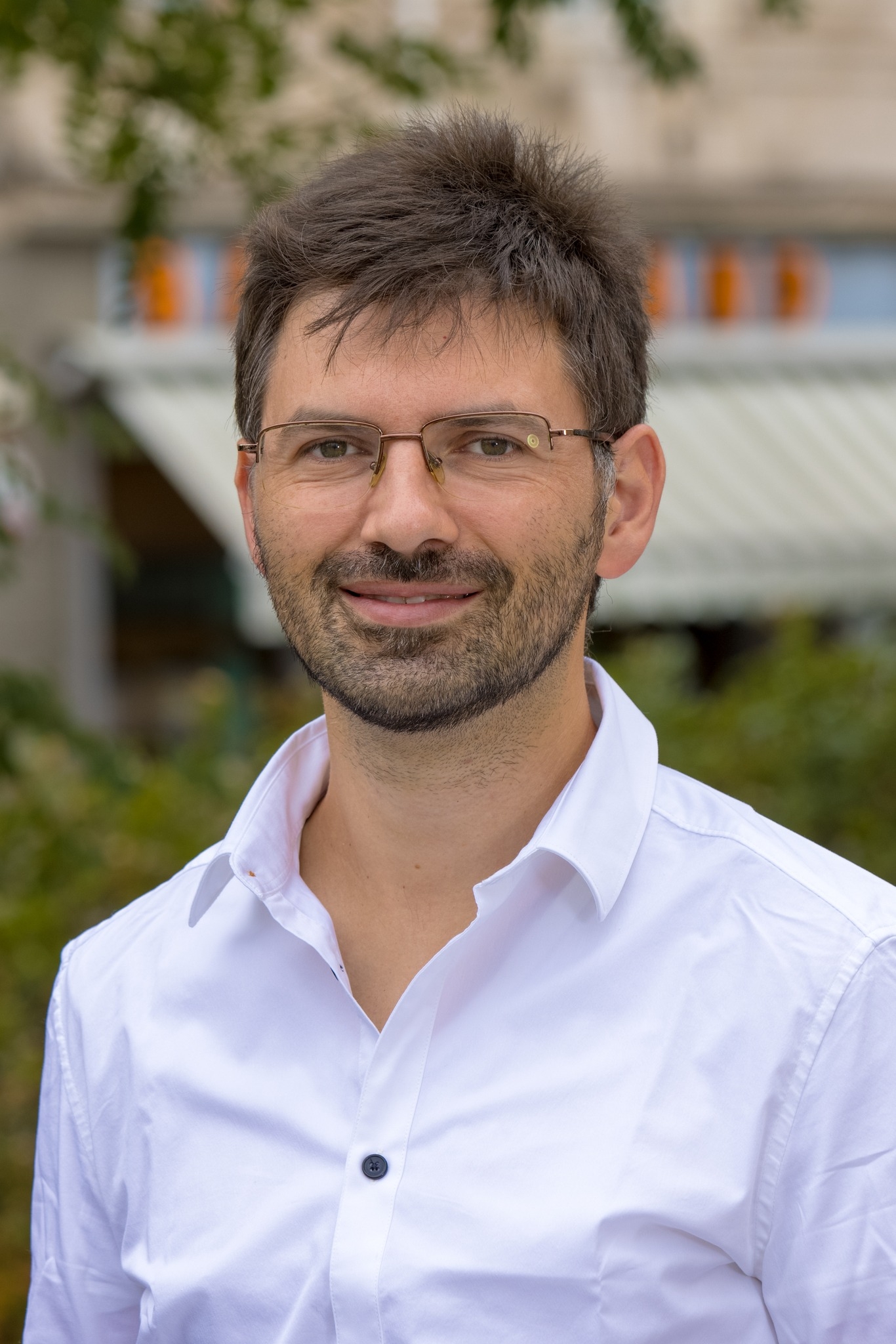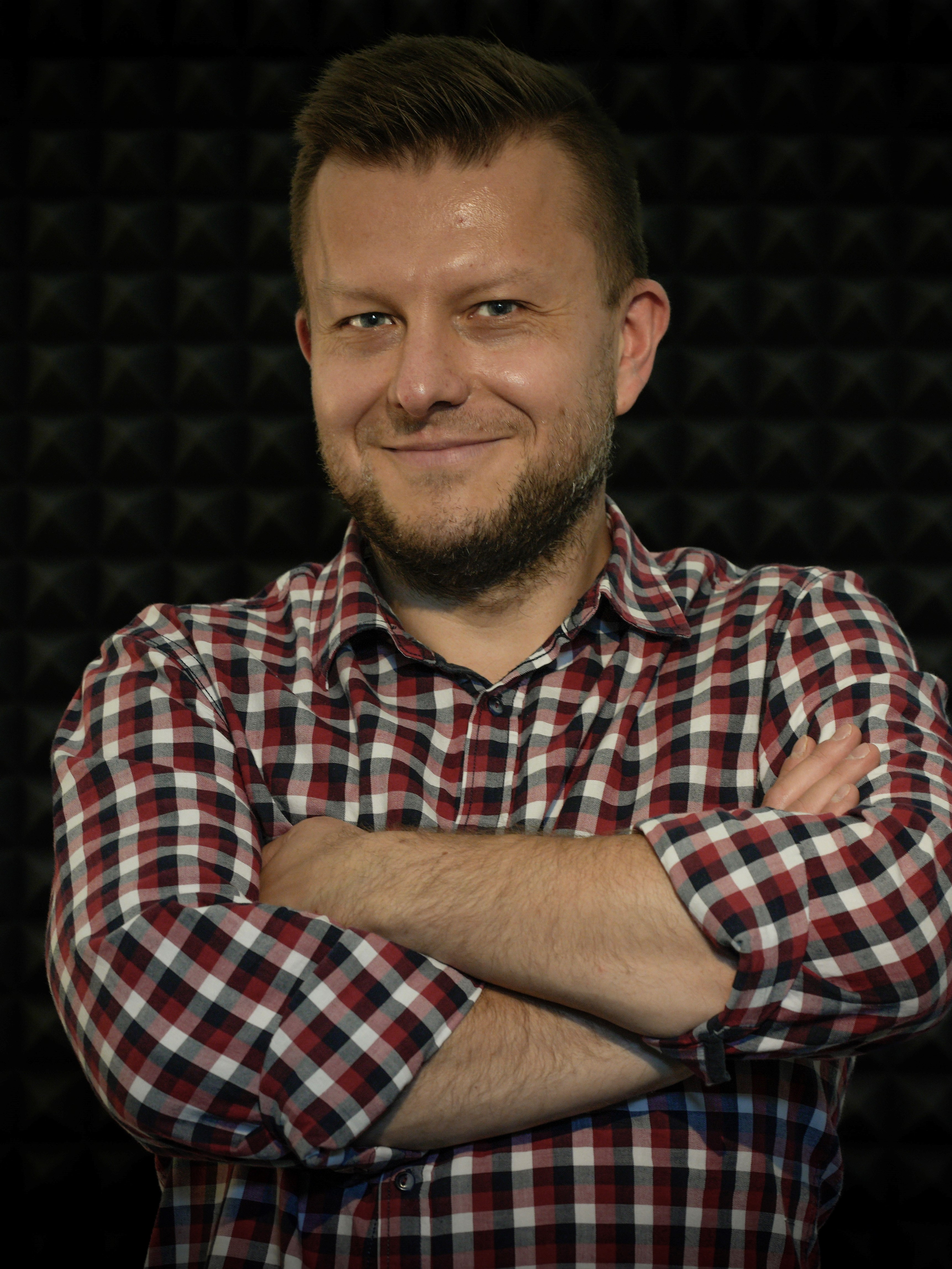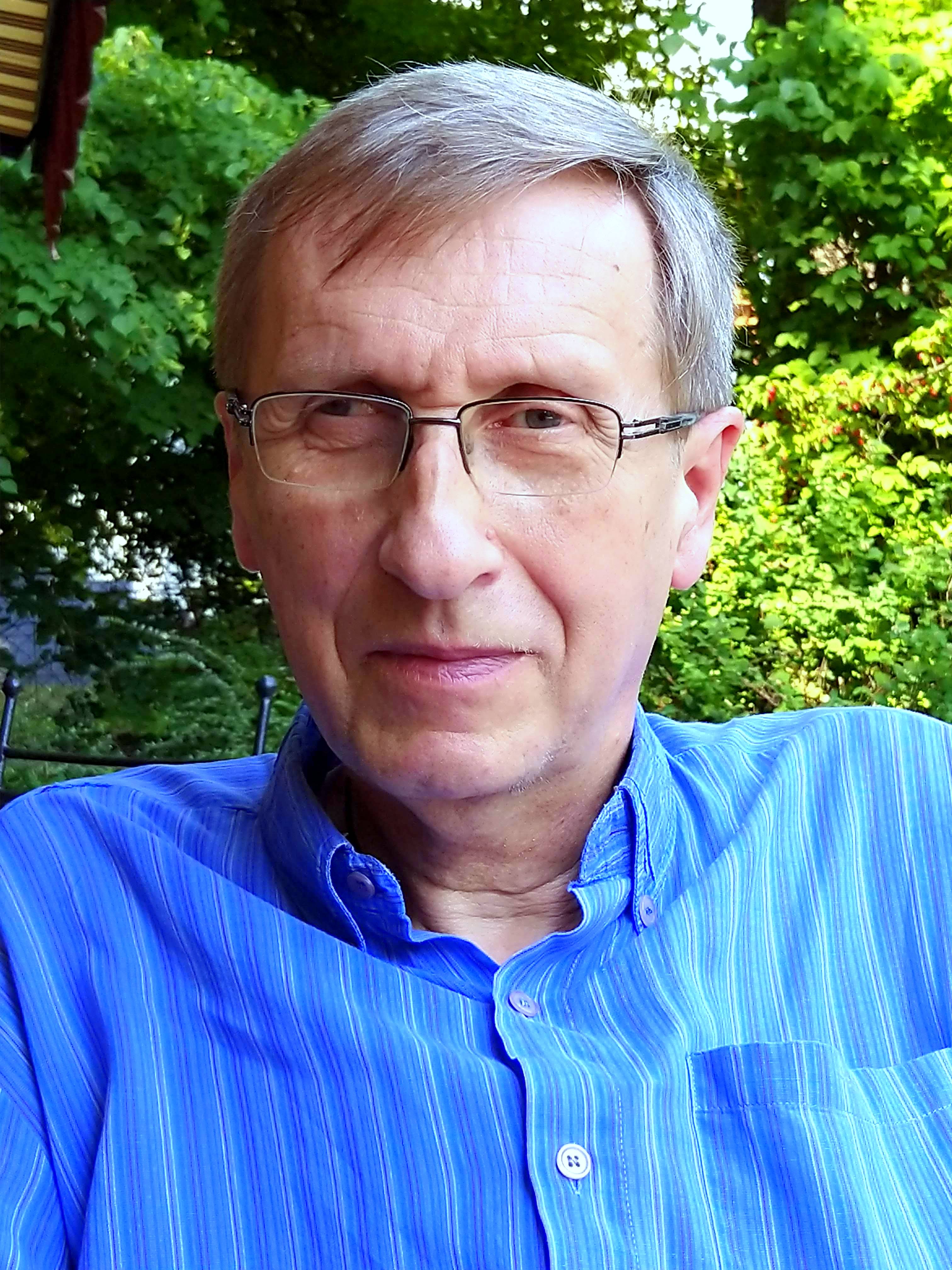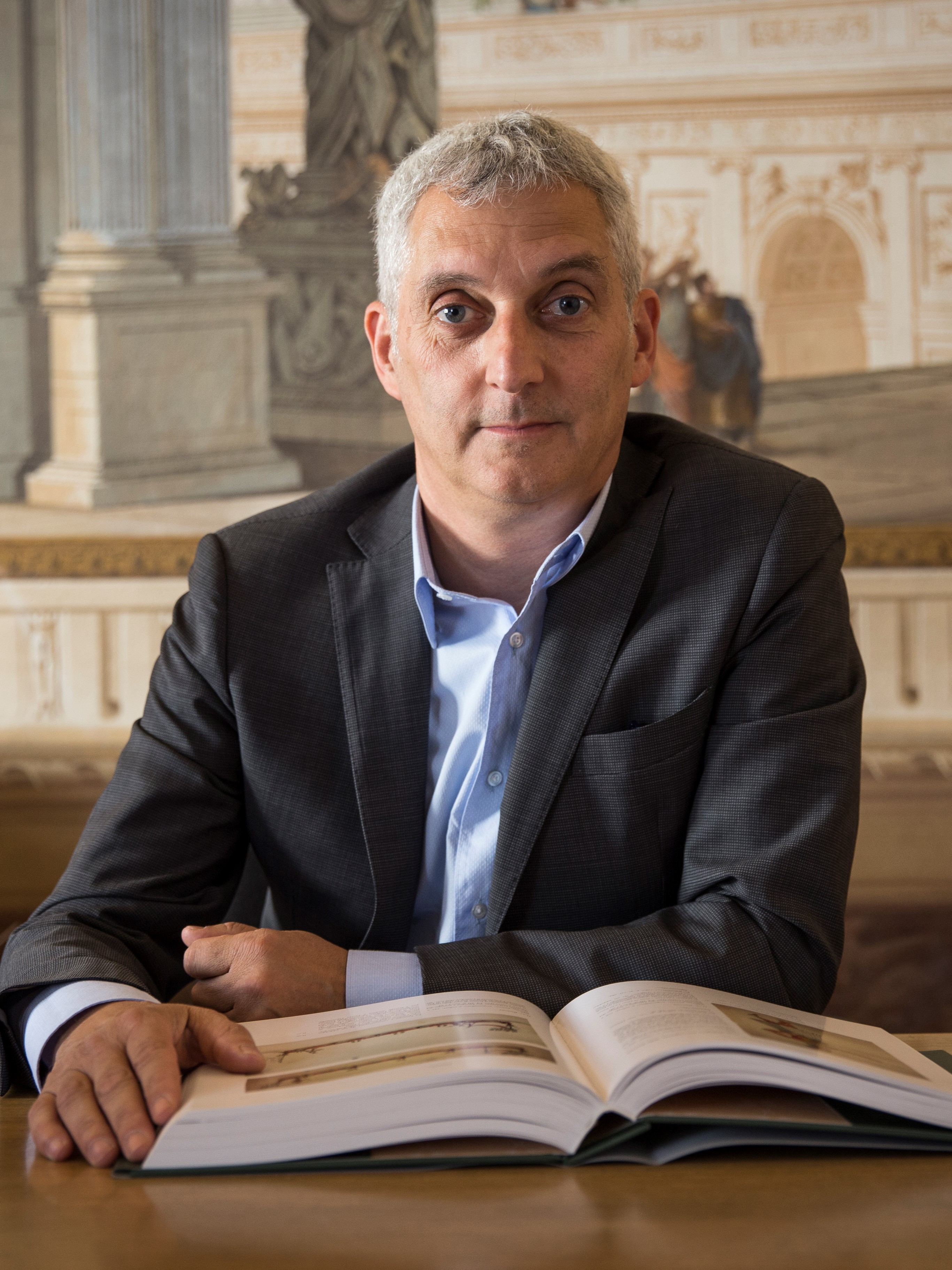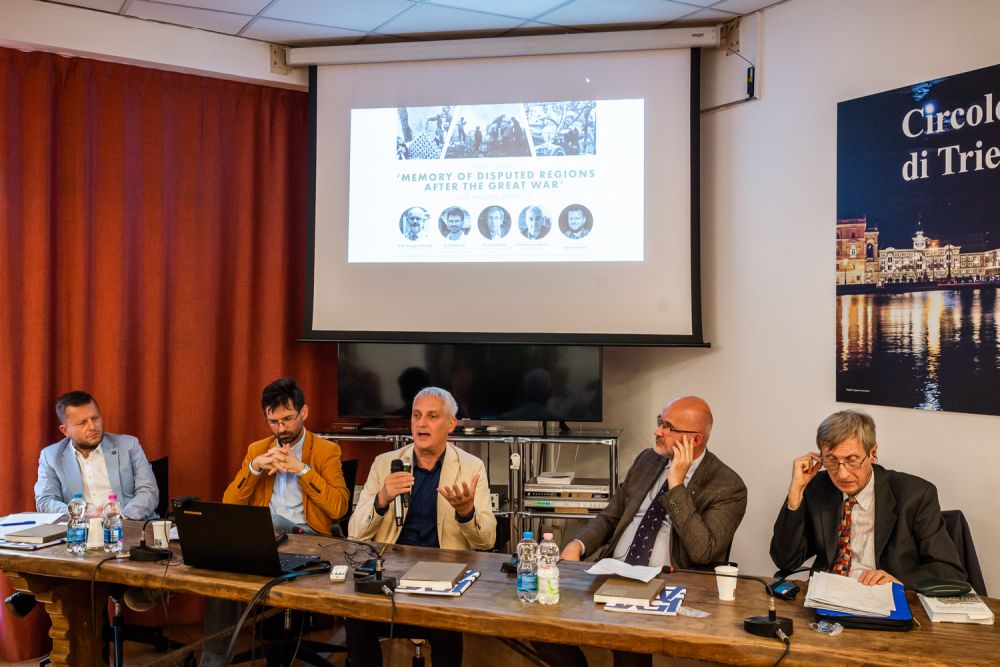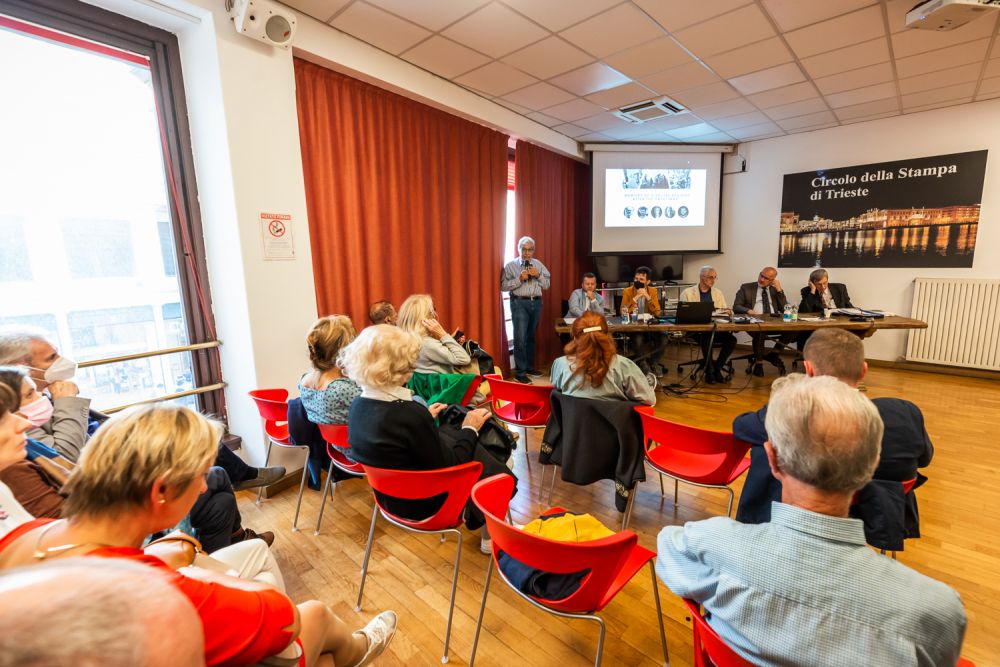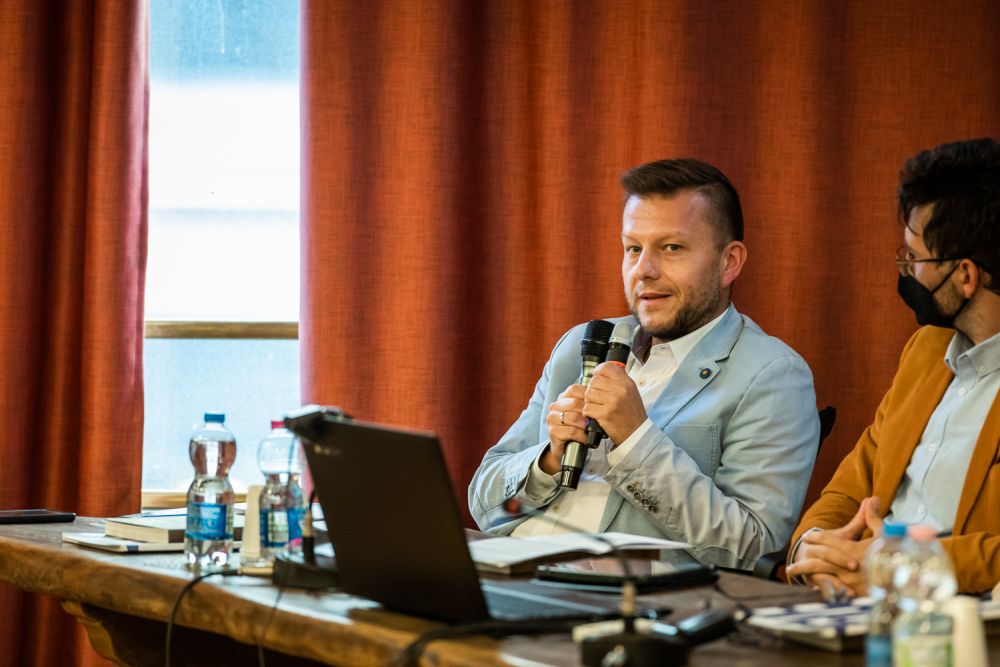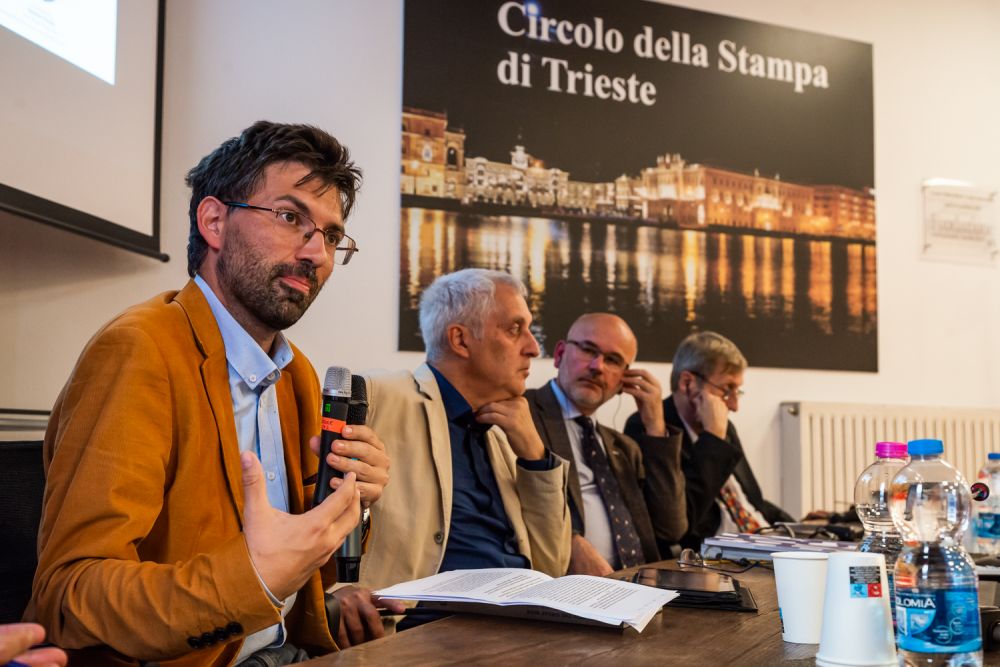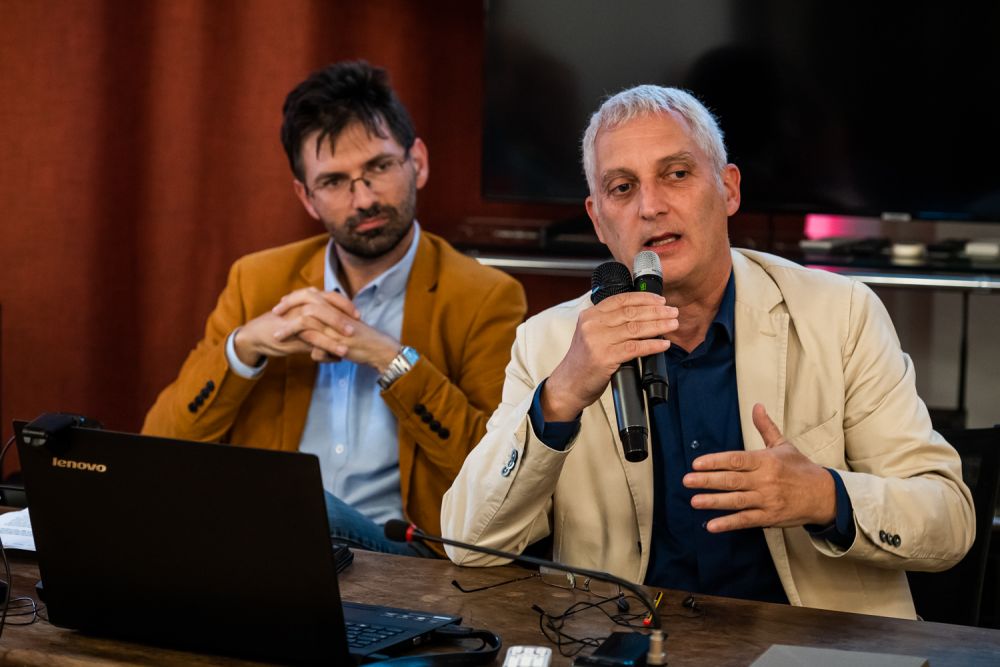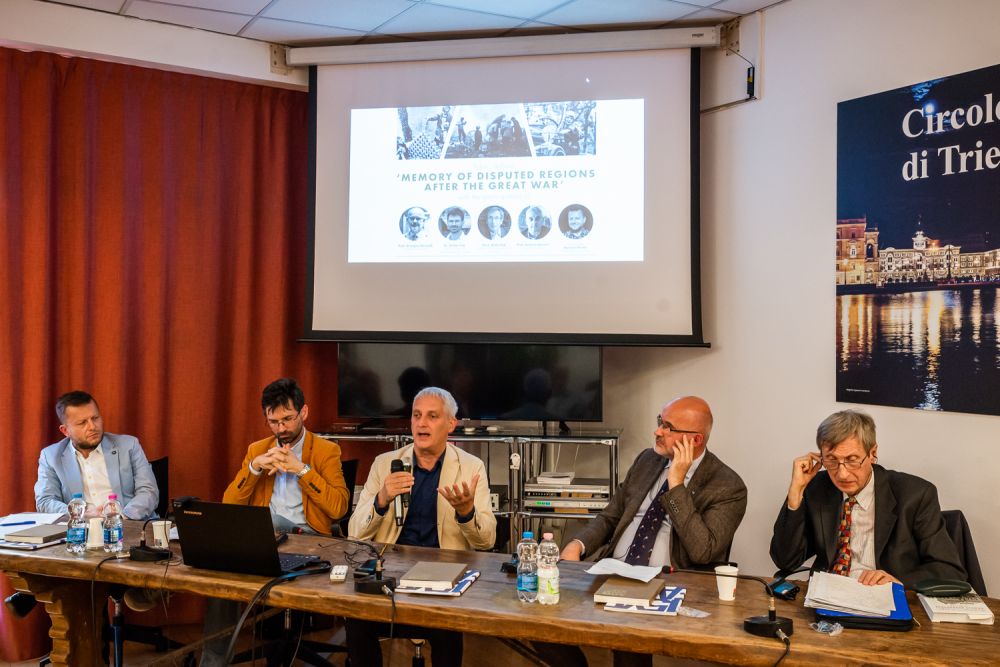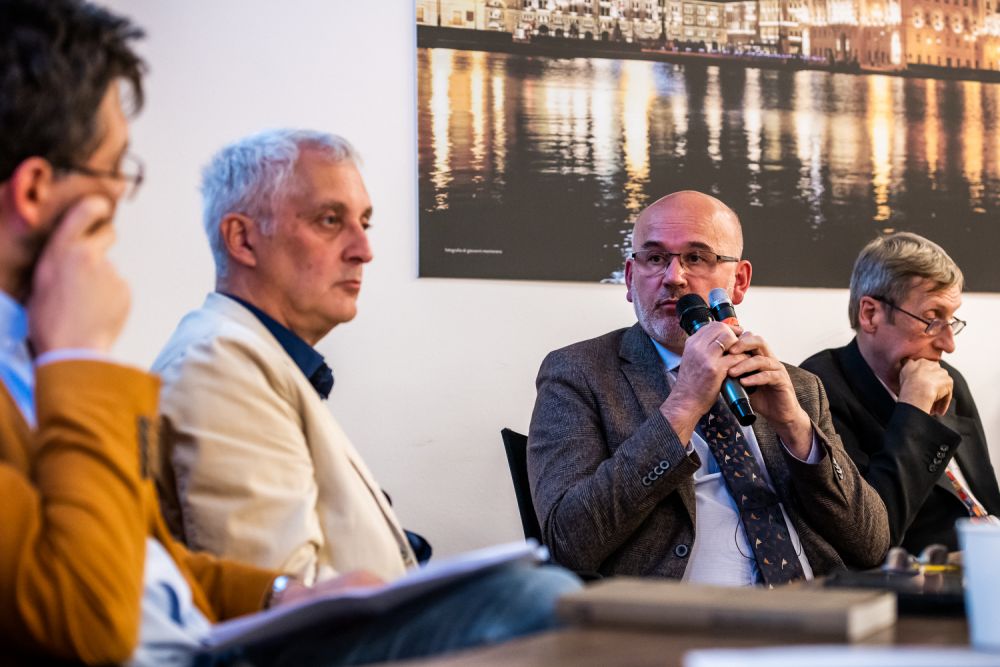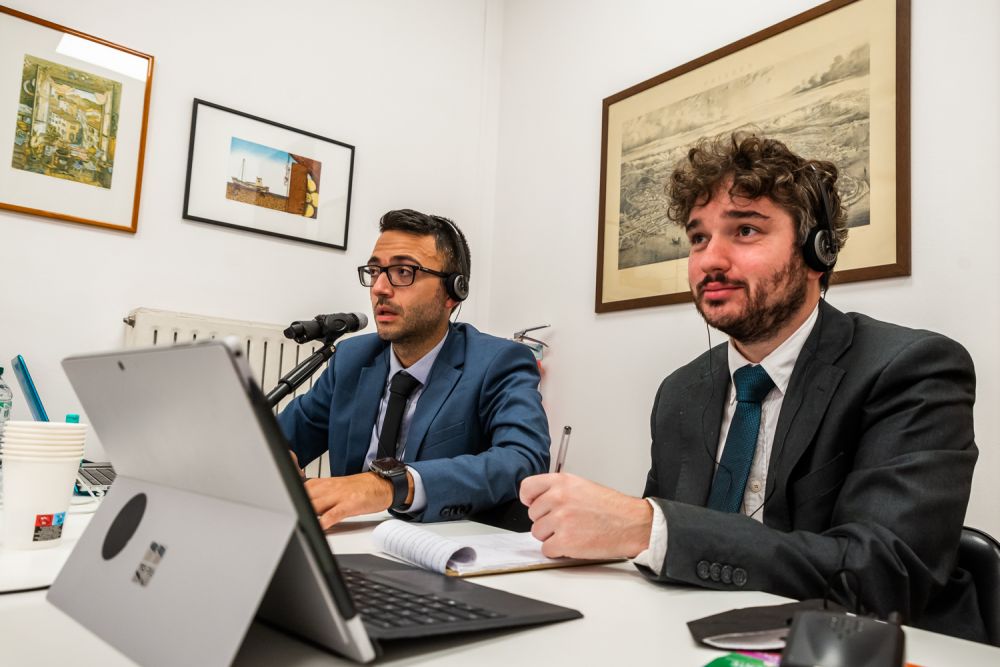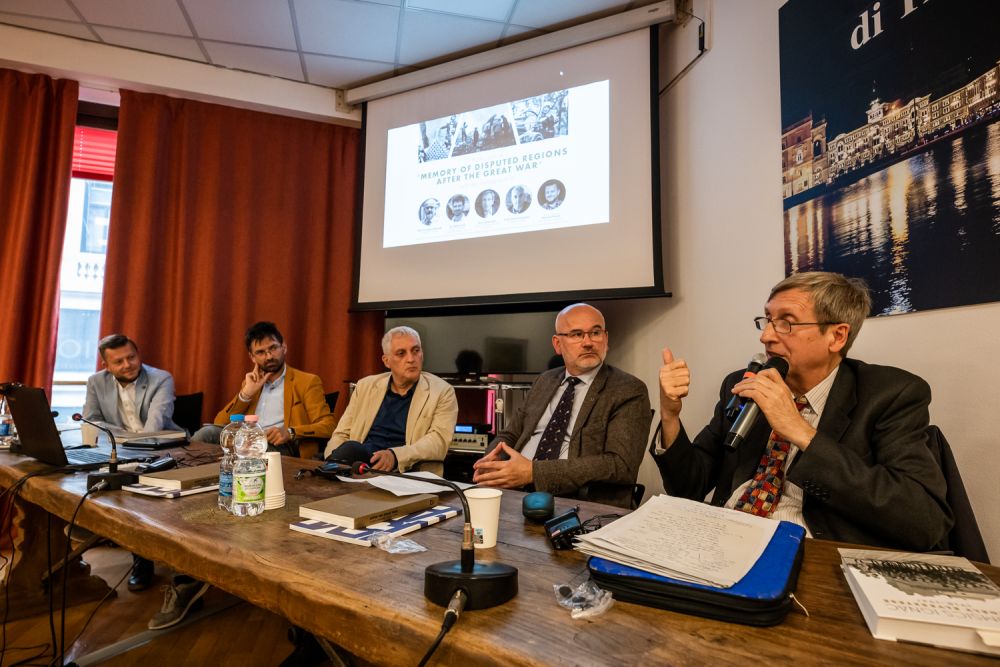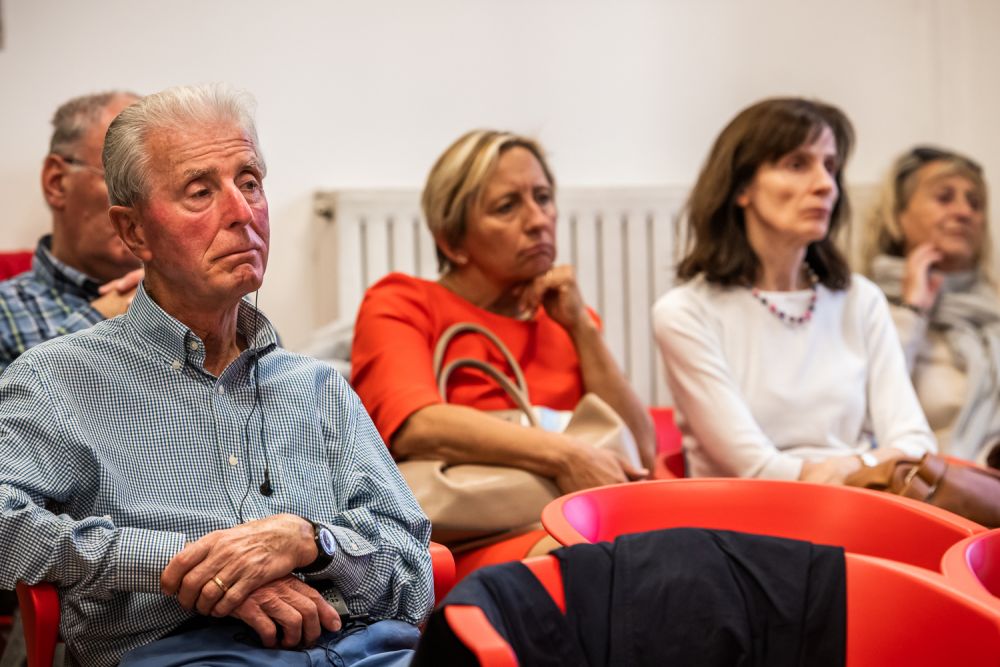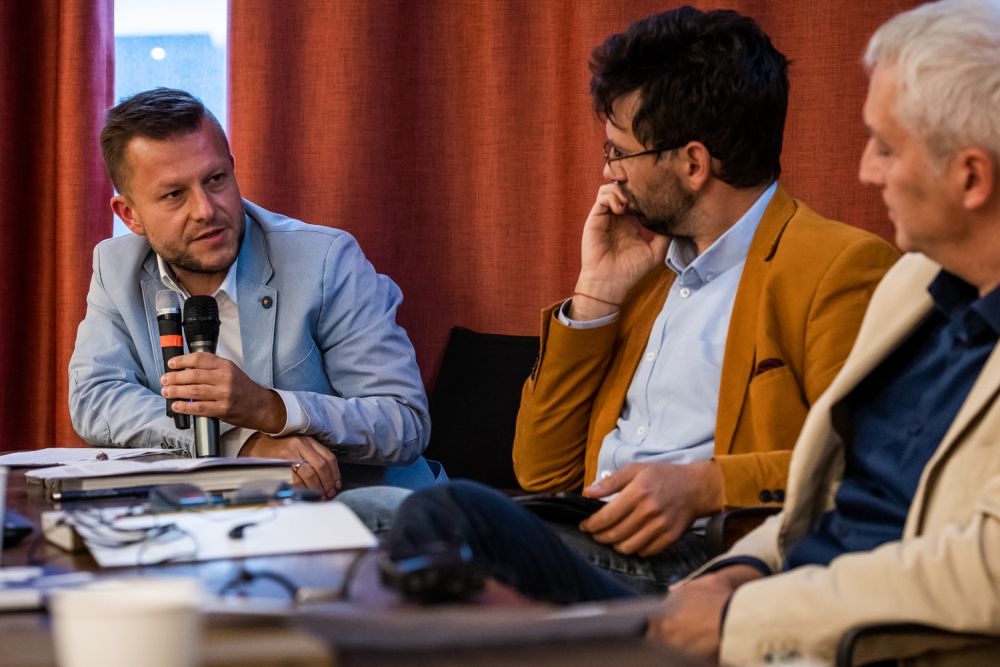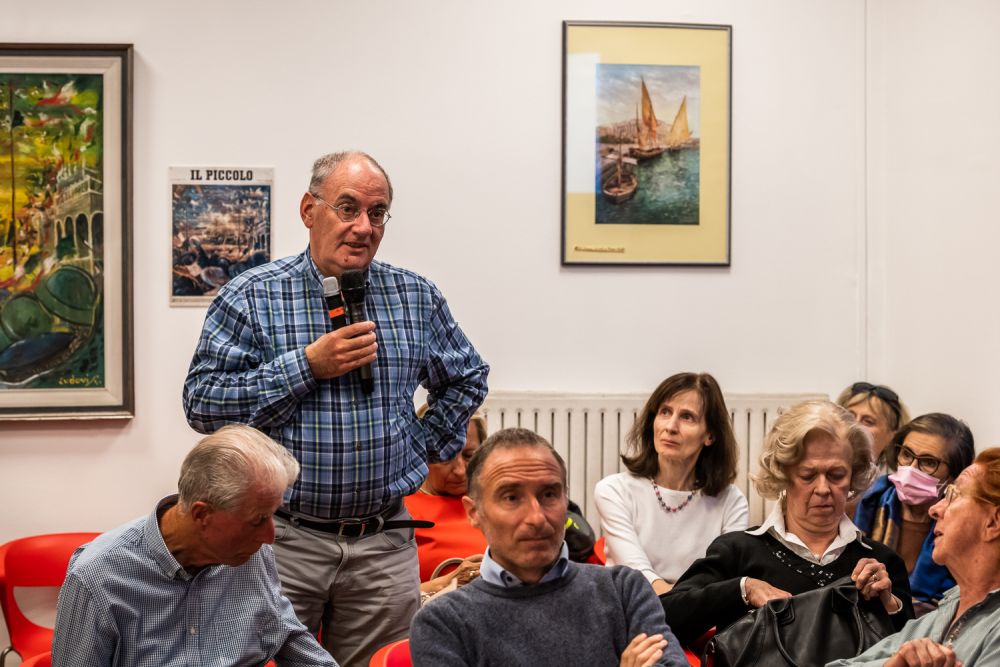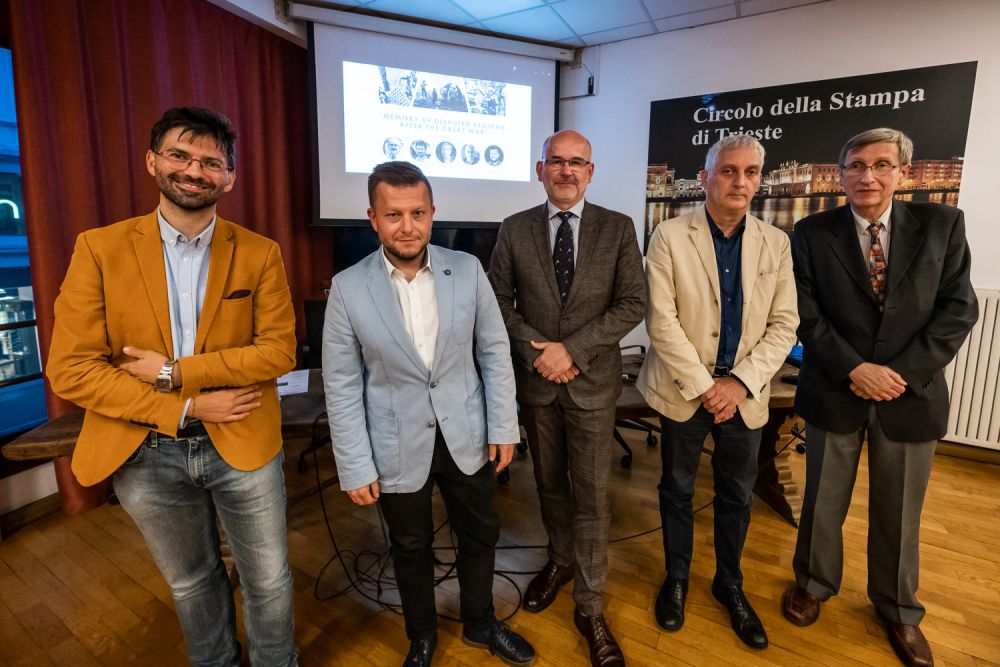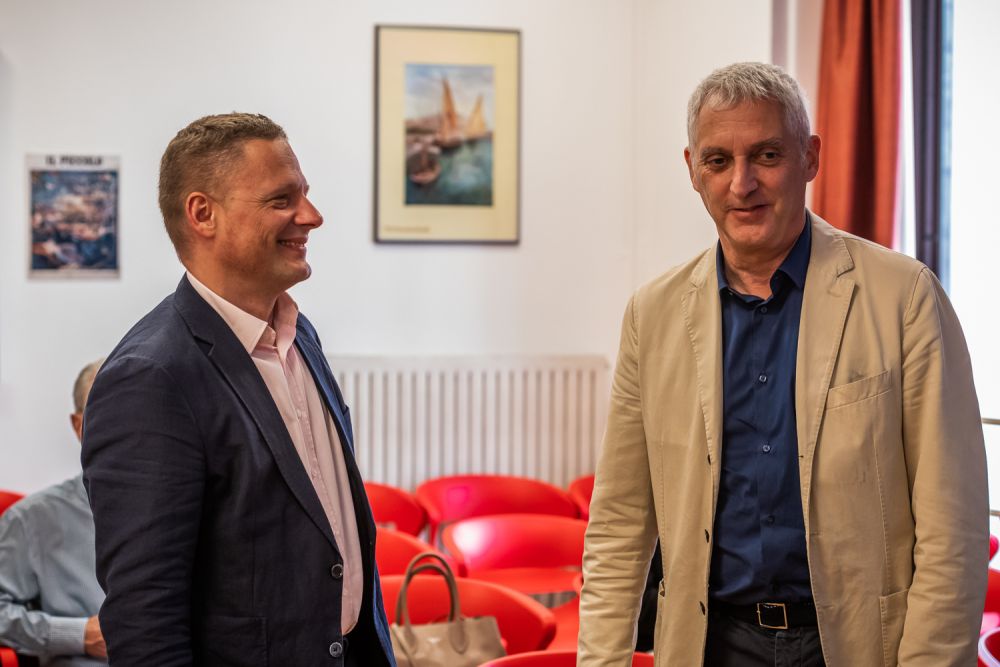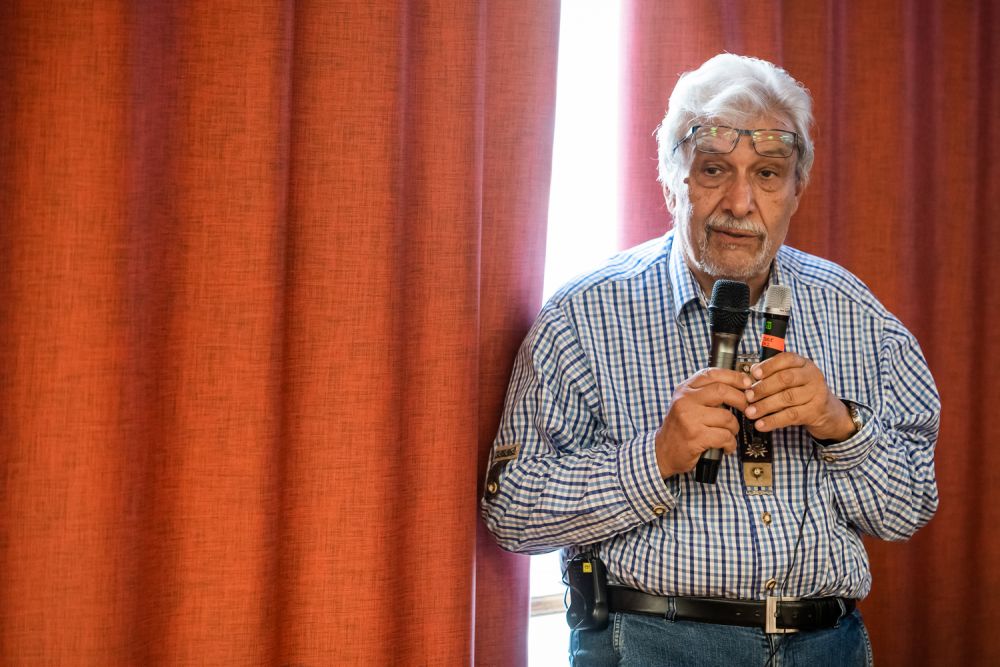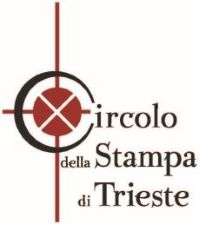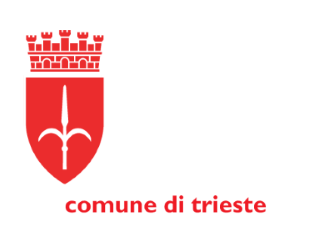Debate: Memory of disputed regions after the Great War
23 September, 17:00, Il Circolo della Stampa di Trieste, Corso Italia 13Trieste
The aim of the debate accompanying the opening of the outdoor exhibition ‘After the Great War. A New Europe 1918–1923’ is to discuss the difficult heritage of the Paris Peace Conference, the contested regions. On the one hand, the basic rule governing the new order was the possibility of self-determination, yet it was granted mainly to the victors on the other. Moreover, due to a complicated ethnic structure of East-Central Europe, it was impossible to draw clear border lines which would be satisfactory to all. In many cases borders were drawn with the use of military measures and without holding plebiscites. Another controversial decision was the creation of free cities. Therefore, a number of disputed regions emerged – Trieste, Danzig, Memel, Silesia, Pomerania, and Transylvania being just some of the examples. They belong to the difficult heritage of the Great War.
Participants:
Grzegorz Berendt
Ph.D Hab. Grzegorz Berendt, professor at the University of Gdańsk, is the author of over 100 scientific and over 30 popular science publications. He specialises in the history of Poland in the 20th century, particularly issues related to the mass murder of Jews on Polish soil during the German occupation, the post-war history of the Jewish community as well as the social and political history of Gdańsk, Lębork, Puck, Pruszcz Gdański and Kashubian rural communities.
Since July 21st this year Director of the Museum of the Second World War in Gdańsk.
He is a member of the Program Council of the Emanuel Ringelblum Jewish Historical Institute in Warsaw, of the council of museums at the Stutthof Museum in Sztutowo, the Auschwitz-Birkenau State Museum in Auschwitz, the Ulma Family Museum of Poles Who Saved Jews in World War II in Markowa, as well as of the Witold Pilecki Memorial Council at the Institute of Solidarity and Bravery.
Chairman of the International Auschwitz Council.
Andrea Zannini
Andrea Zannini teaches History of Europe at the University of Udine, where he was Director of the Department of Humanities and Cultural Heritage Studies (Seal of Excellence), until 2021. He has written on the economic and social history of the Venetian Republic, emigration from Veneto to Brazil, the history of the Resistance. He has about 170 publications, including articles and monographs. His latest monographs are: Storia minima d'Europa. Dal Neolitico a oggi, Bologna 2019 e L'altro Pasolini. Guido, Pier Paolo, Porzûs e i Turchi, Venezia, 2022.

